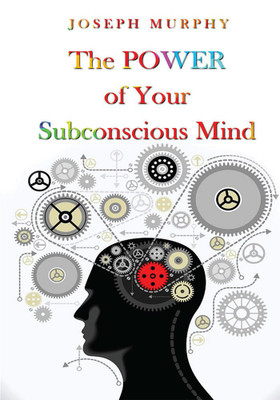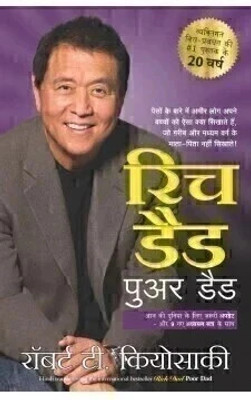

G.O.A.T Sale ends in13 hrs : 48 mins : 28 secs
TRANSFORMATIVE SCENARIO PLANNING (English, Paperback, Kahne, Adam)
Price: Not Available
Currently Unavailable
Highlights
- Language: English
- Binding: Paperback
- Publisher: Collins Business
- ISBN: 9781609947736, 1609947738
- Edition: 2013
- Pages: 152
Description
Provides a creative and constructive way for actors from across a whole system to work together to transform that system
People who are trying to solve tough economic, social, or environmental problems often find themselves frustratingly stuck. They cannot solve their problems in their current context; the larger system within which they are operating is too unstable or unfair or unsustainable. They cannot transform this system on their own or by working only with their friends or colleagues; the system is too complex to be grasped or shifted by any one person or organization or sector. And the actors whose cooperation would be necessary to transform the system don't understand or agree with or trust each other enough to work together.
Transformative Scenario Planning takes the well-established methodology of adaptive scenario planning rigorously constructing a set of stories of alternative possible futures and turns it on its head. It uses scenarios not only to understand and adapt to the future but also to challenge and change it. It offers a way for us to transform ourselves and our relationships with one another and thereby to transform the systems of which we are part.
About the Author
Adam is a leading organizer, designer and facilitator of processes through which business, government, and civil society leaders can work together to address their toughest challenges. He has worked in more than fifty countries, in every part of the world, with executives and politicians, generals and guerillas, civil servants and trade unionists, community activists and United Nations officials, clergy and artists.
Adam is the author of Solving Tough Problems: An Open Way of Talking, Listening, and Creating New Realities (San Francisco: Berrett-Koehler, 2004), about which Nelson Mandela said: This breakthrough book addresses the central challenge of our time: finding a way to work together to solve the problems we have created. He is also the author of Power and Love: A Theory and Practice of Social Change (San Francisco: Berrett-Koehler, 2010).
People who are trying to solve tough economic, social, or environmental problems often find themselves frustratingly stuck. They cannot solve their problems in their current context; the larger system within which they are operating is too unstable or unfair or unsustainable. They cannot transform this system on their own or by working only with their friends or colleagues; the system is too complex to be grasped or shifted by any one person or organization or sector. And the actors whose cooperation would be necessary to transform the system don't understand or agree with or trust each other enough to work together.
Transformative Scenario Planning takes the well-established methodology of adaptive scenario planning rigorously constructing a set of stories of alternative possible futures and turns it on its head. It uses scenarios not only to understand and adapt to the future but also to challenge and change it. It offers a way for us to transform ourselves and our relationships with one another and thereby to transform the systems of which we are part.
About the Author
Adam is a leading organizer, designer and facilitator of processes through which business, government, and civil society leaders can work together to address their toughest challenges. He has worked in more than fifty countries, in every part of the world, with executives and politicians, generals and guerillas, civil servants and trade unionists, community activists and United Nations officials, clergy and artists.
Adam is the author of Solving Tough Problems: An Open Way of Talking, Listening, and Creating New Realities (San Francisco: Berrett-Koehler, 2004), about which Nelson Mandela said: This breakthrough book addresses the central challenge of our time: finding a way to work together to solve the problems we have created. He is also the author of Power and Love: A Theory and Practice of Social Change (San Francisco: Berrett-Koehler, 2010).
Read More
Specifications
| Publication Year |
|
Be the first to ask about this product
Safe and Secure Payments.Easy returns.100% Authentic products.
Back to top




